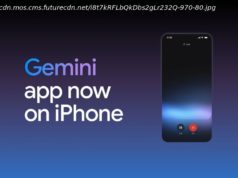All eyes are on whether Elon Musk will go through with stripping blue checkmarks from celebrities and other high-profile Twitter users starting April 1 unless they pay for the privilege.
All eyes are on whether Elon Musk will go through with stripping blue checkmarks from celebrities and other high-profile Twitter users starting April 1 unless they pay for the privilege.
Musk vowed to act, despite a previous attempt triggering a swarm of trolls and imposters.
The prized verification mark became a signature element of Twitter’s success after it was introduced in 2009, helping the platform become a trusted forum for stars, politicians, companies and campaigners.
But tycoon Musk and his fans decried the blue check as a symbol of an online class system, separating what he called Twitter’s «plebeians» from a privileged elite.
Opening the blue tick to paying subscribers—in a program called Twitter Blue— was among decisions made by Musk when he took ownership of Twitter last year, but his overhaul backfired terribly.
Within hours, Twitter was flooded by fake yet verified accounts impersonating celebrities and major companies, with the share price of drug-maker Eli Lilly see-sawing wildly because of a fake tweet.
Musk swiftly backtracked, and instituted a more thorough verification policy for subscribers, but many advertisers fled the site, denying Twitter a major source of income that the CEO is struggling to replace.
Since taking control, Musk has sharply cut the group’s ranks of employees and the site has seen a string of technical breakdowns.






